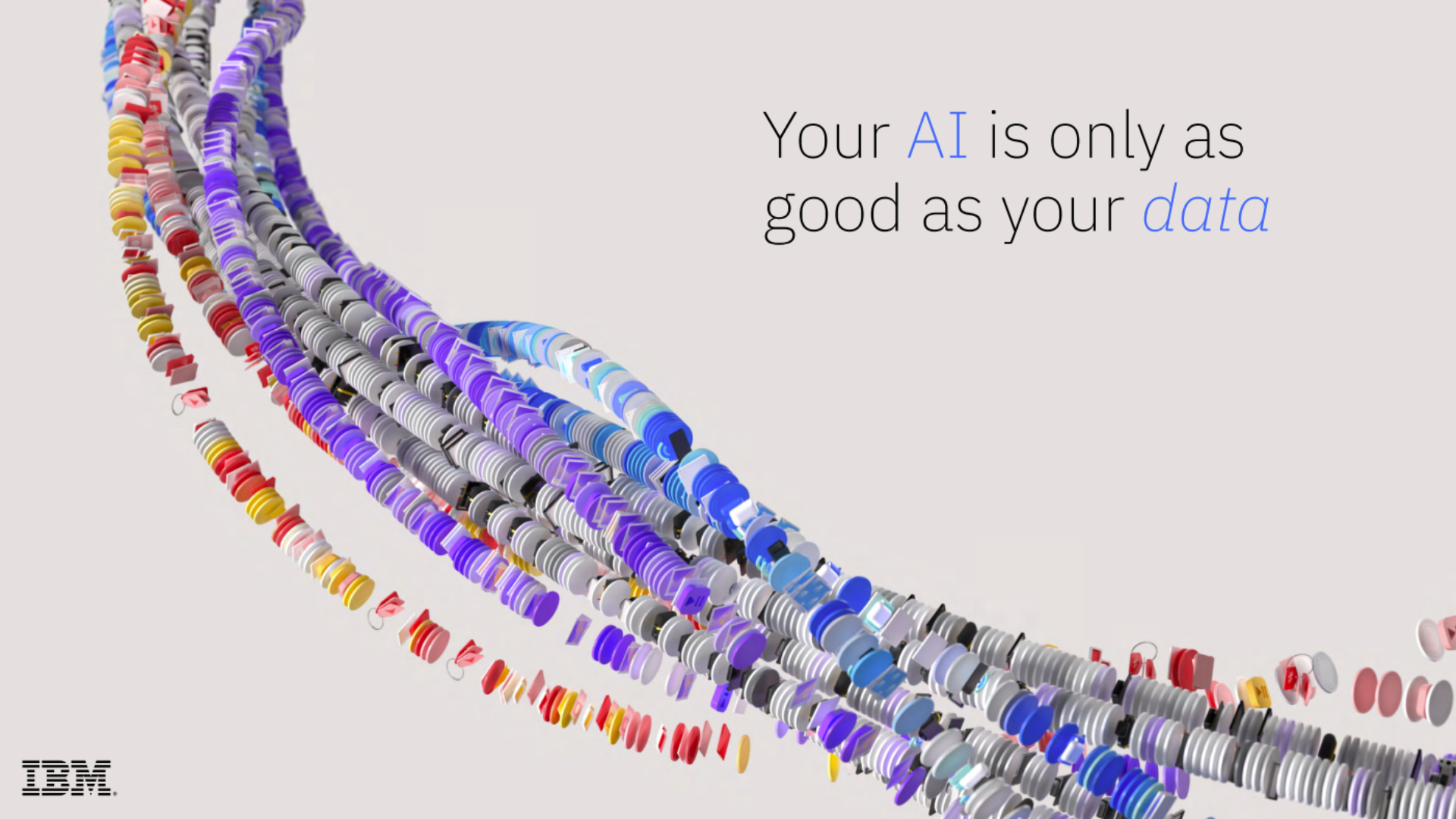Chrome's market share stagnates
Google’s shiny new browser can’t seem to stay above the one per cent market share mark.

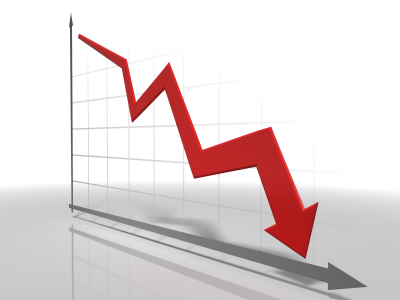
Google's Chrome browser is failing to gain new market share, according to online monitoring.
After its launch last month, the browser quickly jumped to one per cent which might not sound like much, but it's above both Opera and Apple's Safari. Two weeks in, it was at 0.85 per cent, but this week, it's slipped to 0.77 per cent, according to data from online market monitor Net Applications.
"The trend line on Chrome still has a slight downward angle, and these weekly numbers reflect that," said Vince Vizzaccaro, executive vice president of marketing at Net Applications.
The browser does still manage to hit the one per cent mark - at the same time most days, in the middle of the night in the US. Use of Chrome seems to drop off during working hours, echoing a pattern seen in Firefox. Both browsers likely suffer from the corporate reliance on Microsoft's Internet Explorer.
However, all the major PC-focused browsers have seen a slide in the past week. Internet Explorer slid 0.91 per cent to 71 per cent of the market, while Firefox slipped 0.13 per cent to hover just under 20 per cent. Safari has gained slightly, helped by the lack of competition, Vizzaccaro said. Chrome is not yet available on Macs.
He noted that a low-key marketing campaign could be holding Chrome back. "The only marketing effort I've seen from Google is in sponsored links on search results for browser' or browsers' search terms," Vizzaccaro said.
"On Google, Chrome is naturally the top sponsored link. On Yahoo, it was second. And on Windows Live, I couldn't even find it in the first five pages of organic results."
Sign up today and you will receive a free copy of our Future Focus 2025 report - the leading guidance on AI, cybersecurity and other IT challenges as per 700+ senior executives
Freelance journalist Nicole Kobie first started writing for ITPro in 2007, with bylines in New Scientist, Wired, PC Pro and many more.
Nicole the author of a book about the history of technology, The Long History of the Future.
-
 Spanish spyware outfit uncovered, develops exploits for Windows, Chrome, and Firefox
Spanish spyware outfit uncovered, develops exploits for Windows, Chrome, and FirefoxNews Google was only able to discover the company after an anonymous submission was made to its Chrome bug reporting programme
-
 Google adds new security vendor plugins for Chrome, improved Chrome OS policy controls for IT admins
Google adds new security vendor plugins for Chrome, improved Chrome OS policy controls for IT adminsNews New integrations across various security pillars aim to improve Chrome OS and Chrome browser security for enterprise customers
-
 Google patches second Chrome browser zero-day of 2022
Google patches second Chrome browser zero-day of 2022News Google acted quickly to secure against the type confusion vulnerability that was under active exploitation
-
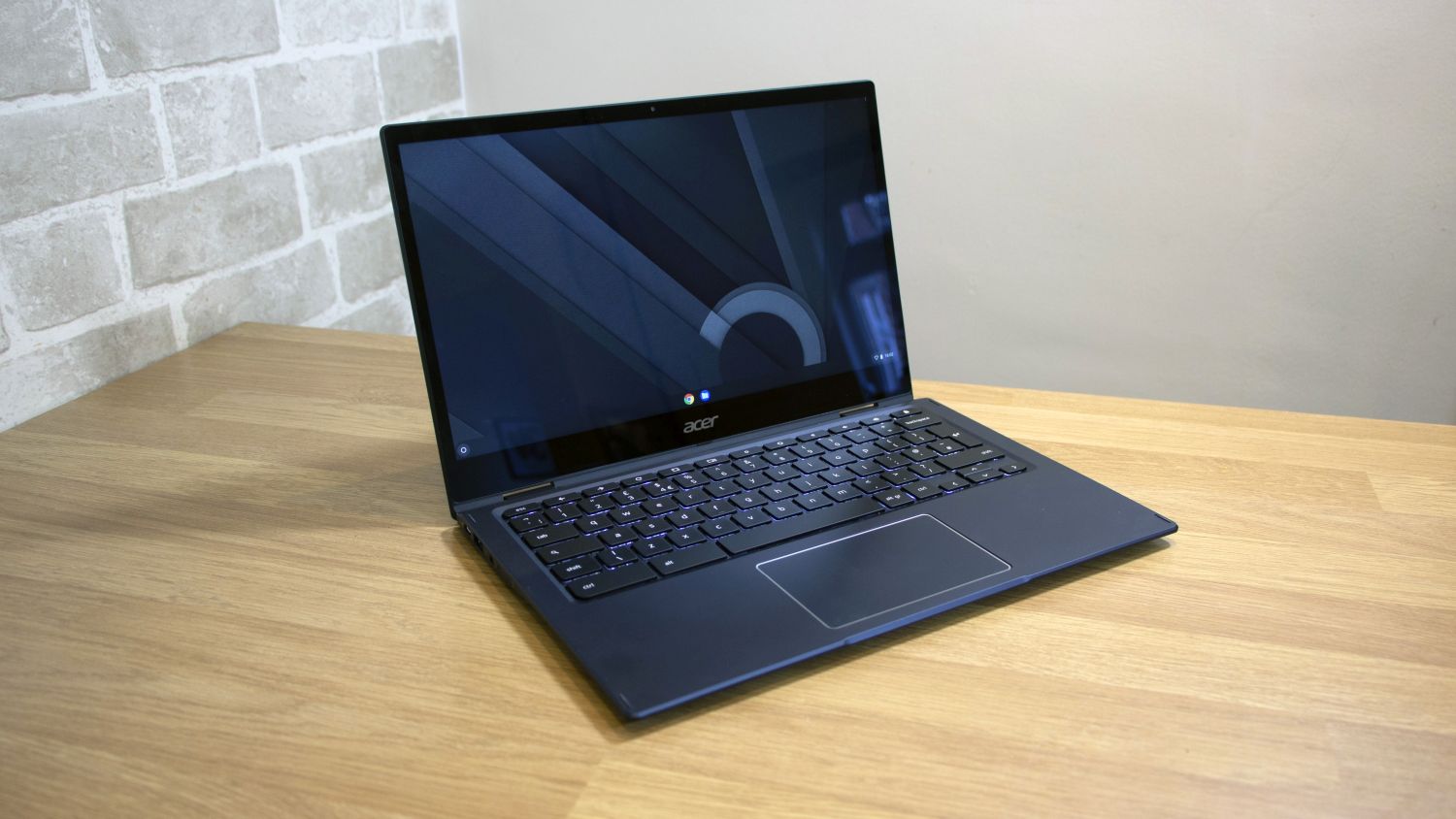
 Acer Chromebook Spin 513 review: Cheap and mostly cheerful
Acer Chromebook Spin 513 review: Cheap and mostly cheerfulReviews An affordable Chromebook convertible with good looks but mediocre performance
-
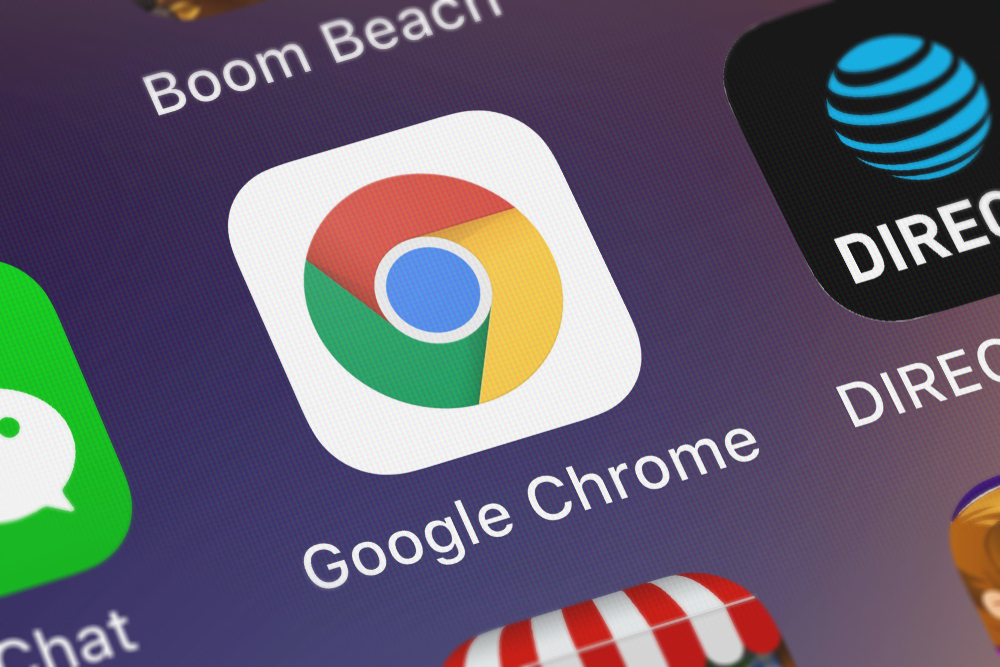 Google says Chrome is now faster than Safari on Apple Silicon
Google says Chrome is now faster than Safari on Apple SiliconNews According to Apple's own benchmarks, Chrome 99 scored the highest out of any browser ever tested
-
 Google Chrome update fixes zero-day under active exploitation
Google Chrome update fixes zero-day under active exploitationNews Google releases a fresh wave of patches for severe vulnerabilities that could facilitate code execution and system takeover via Google Chrome
-
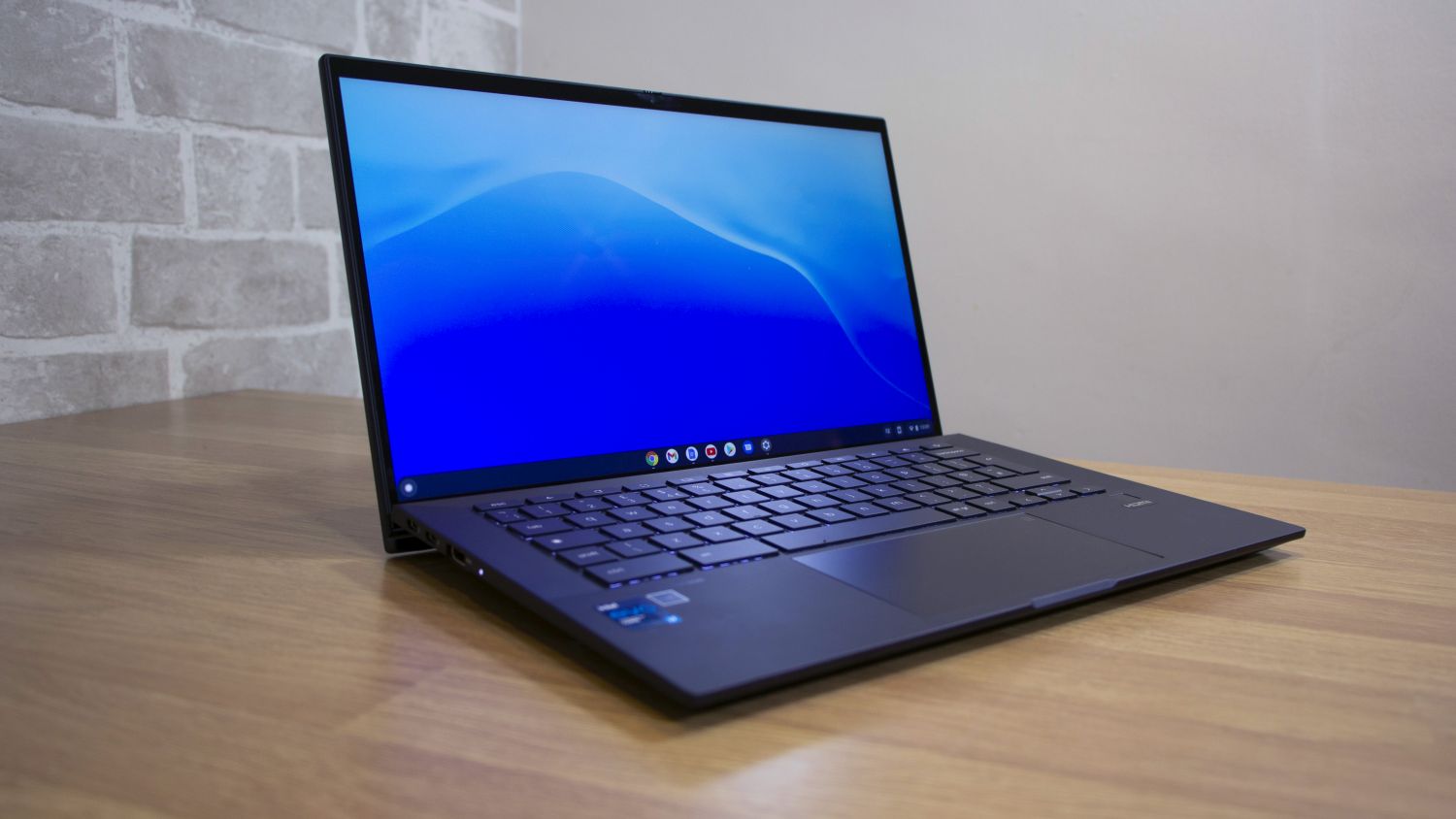
 Asus Chromebook CX9 (CX9400CE) review: The most stylish Chromebook on the market
Asus Chromebook CX9 (CX9400CE) review: The most stylish Chromebook on the marketReviews A sleek, expensive Chromebook that tries to bring professional style to Google’s OS
-
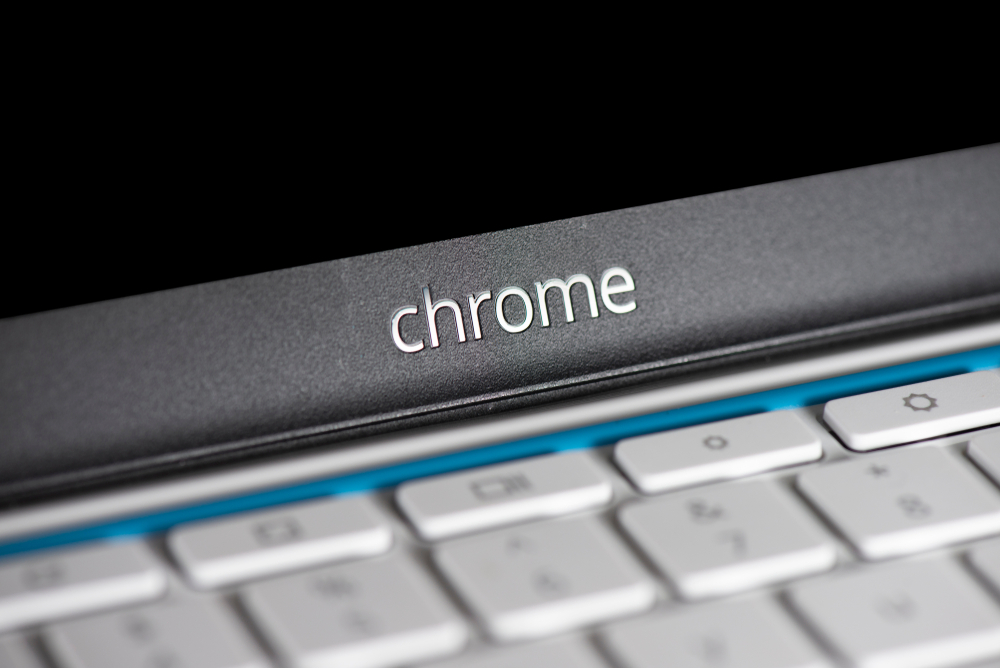 Chromebook shipments plunge due to 'shift in demand'
Chromebook shipments plunge due to 'shift in demand'News Sales of Chrome OS devices fell 29.8% in the third quarter of 2021 to 6.5 million units, according to IDC

